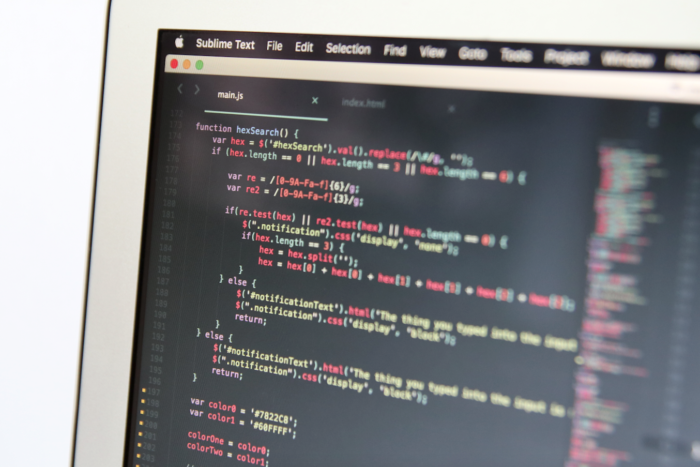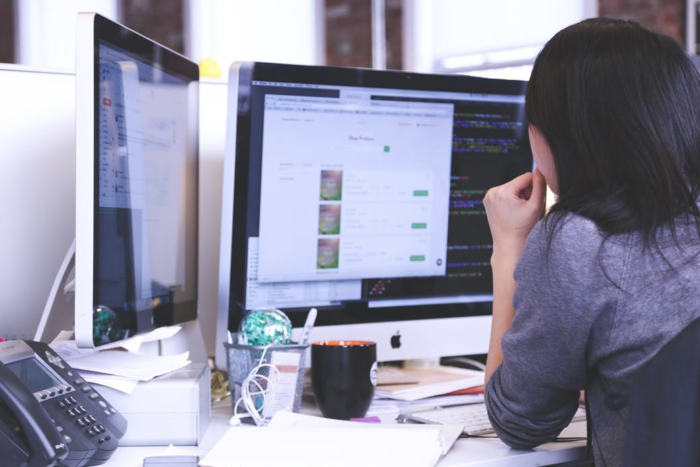In honour of March’s celebratory ‘Women’s History Month’ just ending we thought we’d explore a little further into the adventurous, intelligent and boundary-pushing women of Australia’s past & present.
1. Edith Cowan
Edith Cowan became the first woman elected as a member of Parliament in 1921. She worked tirelessly to advocate women’s rights and showed a true commitment to the betterment of education and health & justice issues. In 1894, Edith was one of the founding members of the Karrakatta Club that outwardly campaigned for women to position themselves in life with degrees, jobs and roles that were equal to their male counterparts. This resulted in the Karrakatta Club becoming actively involved in the rise of the suffragette movement.
(Image credited to Grapeshot MQ)
She championed for female Justices of the Peace and become one of the first to achieve this position in 1919. Her legacy includes the Edith Cowan University as her namesake being the face of the Australian $50 dollar bill.
(Image credited to the Reserve Bank of Australia)
2. Miles Franklin
Famously Miles Franklin, otherwise known as Stella Maria Sarah Miles Frank, is a greatly celebrated Australian author and feminist. Best known for her acclaimed novel “My Brilliant Career” which has gone on to become an Australian classic. 
(Image credited to Melville House Books)
Franklin was involved in the early Australian feminist movement and often had her works rejected for publication for being too controversial. She wrote many works of a journalistic nature under nom-de-plumes throughout her life. 
(Image credited to the NSW State Library)
This incredibly gifted author is the namesake of the famous literary prize; the ‘Miles Franklin’ as she included in her will the funding of this prize aimed for the ‘advancement, improvement and betterment of Australian Literature.’
3. Germaine Greer
Germaine Greer is an Australian born incredibly vocal feminist, author and social critic. Known for her critique of the patriarchal structure of our society, Greer was a vital part of the Australian feminist movement. 
(Image credited to the Sydney Morning Herald)
Her novel ‘The Female Eunuch’ argues that women should fight to find independence and individuality aware from societal pressures and expectations. Whilst being an unpredictable and at times contentious figure there is no doubt that Greer has made strides in the world of women’s rights.
(Image credited to Harper Collins Australia)
4. Marita Cheng
This impressive woman was the youngest ever Australian of the year in 2012 and a huge advocate for women working in engineering and technology. Cheng is both the founder and the CEO of a company called ‘aubot’ which primarily focuses on the making of telepresence robots but also works on both the ‘research and development in robotic arms, virtual reality and autonomous mapping and navigation’.
(Image credited to Aubot)
Cheng became very aware of the dwindling number of women in her engineering classes at the University of Melbourne and with the assistance of her fellow engineering peers they went to surrounding school to teach young girls robotics to encourage interest in the field of engineering. This led to the student-led organisation ‘Robogals’ which has now been implemented internationally teaching workshops to over 70,000 girls from 11 different countries. (Image credited to Engineers Australia)
(Image credited to Engineers Australia)
5. Elizabeth Blackburn
A brainiac in the field of Molecular biology Elizabeth Blackburn’s study on Telomares molecular nature earned her the Nobel Prize in 2009. Blackburn found that Telomares (the ends of our chromosomes which act as a protective tip to preserve genetic information) of an unusually short nature can be an indication of illness. 
(Image credited to the MIT Press)
Her research concluded that when measuring the length of telomeres the results could give patients and doctors a chance to identify diseases, intervene early and sometimes even allow prevention. Blackburn’s findings made it clear that improving your lifestyle; diet, exercise and stress level maintain your telomares and can affect your lifespan on a cellular level.
(Image credited to The Science History Institute)
6. Alyssa Azar
A young Australian adventurer with positively incredible accomplishments for a woman of her age. She is the youngest Australian to ever climb to the summit of Mount Everest on May 21st, 2016 at a mere 19 years old. 
(Image credited to ABC News)
Outrageously she is also the youngest person to cross the Kokoda Track as an 8 year old in 2005. She’d made two previous attempts to summit Mount Everest but was forced to turn back due to natural disasters taking place; an avalanche and an earthquake but her third attempt was proven to be the completion of a lifelong goal. (Image credited to The Chronicle)
(Image credited to The Chronicle)
Aren’t they wonderfully inspiring.
Do you have a strong & remarkable Australia woman that you look up to?
Check out the upcoming adventures on our calendar!





